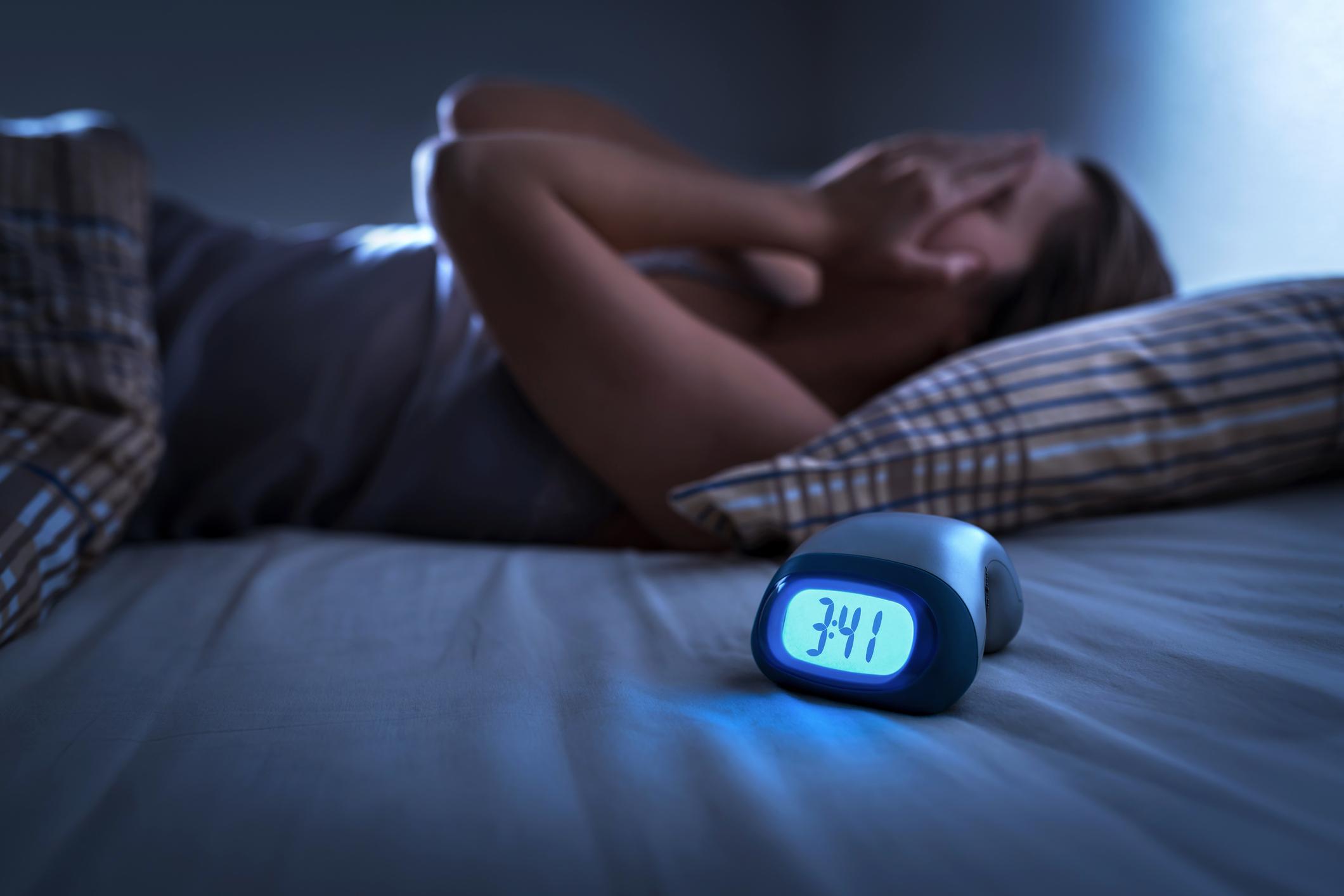Daytime sleepiness can be a significant hindrance to productivity, mood, and overall quality of life. Whether it’s due to poor sleep habits, underlying health conditions, or lifestyle factors, combating daytime sleepiness requires a multifaceted approach. In this blog, we’ll explore practical tips to help you overcome daytime sleepiness and reclaim your energy and focus.
Understanding Daytime Sleepiness:
Before delving into strategies for overcoming daytime sleepiness, it’s essential to understand its underlying causes. Factors such as insufficient sleep, poor sleep quality, sleep disorders like sleep apnea or insomnia, irregular sleep schedules, sedentary lifestyles, and certain medications can contribute to feeling excessively sleepy during the day.
Practical Tips to Overcome Daytime Sleepiness:
Establish a Consistent Sleep Schedule:
- Maintain a nightly sleep schedule of seven to nine hours.
- Maintain a regular schedule for when you go to bed and when you wake up, even on weekends.
- Create a soothing nightly ritual to signal to your body that it’s time to relax.
Establish a Setting That Promotes Restful Sleep:
- The bedroom should be kept cool, silent, and dark.
- Get some fluffy pillows and a supportive mattress.
- Prevent blue light from phones, laptops, and TVs from interfering with your sleep-wake cycle by limiting screen use in the hours leading up to bedtime.
Get a Better Night’s Rest:
- Just before you hit the hay, cut back on nicotine, caffeine, and big meals.
- Get your heart rate up on a regular basis, but don’t push yourself too hard just before you hit the hay.
- Naps, if necessary, should not exceed twenty to thirty minutes in the morning.
Relieve Stress:
- Learn to calm your body and mind using yoga, meditation, or deep breathing exercises.
- Put an end to needless stress by making a priority list and not taking on more than you can handle.
Stay On Top of Your Diet:
- Include plenty of fresh produce, whole grains, lean proteins, and healthy fats in your diet.
- Staying hydrated is as easy as drinking lots of water.
- Cut back on sugary meals and drinks, particularly after dinner.
Maintain an Active Lifestyle:
- If you are stuck sitting all day at work, make sure to take small intervals to stretch and get some movement in.
- Make exercise a regular part of your schedule; try to get 30 minutes of exercise on most days.
Seek Treatment for Underlying Conditions:
- Consult with a healthcare professional if you suspect you have a sleep disorder such as sleep apnea or insomnia.
- Address any medical conditions or medications that may be contributing to your daytime sleepiness.
Smart Medications:
In addition to lifestyle changes, some individuals may benefit from smart medications to help manage daytime sleepiness. Two common options are Wakert 150 mg Tablet and Artvigil 150 mg.
Wakert 150 mg:
- Wakert, also known as Armodafinil, is a medication prescribed to treat excessive daytime sleepiness associated with narcolepsy, obstructive sleep apnea, and shift work sleep disorder.
- It works by stimulating the central nervous system to promote wakefulness and alertness.
- Wakert is typically taken orally once daily in the morning.
- Side effects may include headache, nausea, dizziness, and insomnia, although they are generally mild and temporary.
- It’s essential to take Wakert under the guidance of a healthcare professional, as it may interact with other medications and have contraindications for certain medical conditions.
Artvigil 150 mg:
- Artvigil, also known as Armodafinil, is another medication used to improve wakefulness in individuals with excessive daytime sleepiness.
- Similar to Wakert, Artvigil stimulates the central nervous system to promote alertness.
- It is typically taken orally once daily in the morning.
- Common side effects may include headache, nausea, dry mouth, and nervousness.
- As with Wakert, it’s crucial to use Artvigil under medical supervision to monitor for potential side effects and interactions.
Conclusion:
Overcoming daytime sleepiness requires a comprehensive approach that addresses lifestyle factors, sleep habits, stress management, and, in some cases, medication. By implementing practical tips such as maintaining a consistent sleep schedule, improving sleep hygiene, managing stress, and staying active, you can effectively manage daytime sleepiness and enhance your overall well-being. However, for individuals who continue to struggle with excessive daytime sleepiness despite lifestyle changes, smart medications like Wakert and Artvigil may offer additional support under the guidance of a healthcare professional. Remember, everyone’s experience with daytime sleepiness is unique, so finding the right combination of strategies may require some trial and error. With persistence and patience, you can regain control of your energy levels and enjoy a more alert and productive life.






